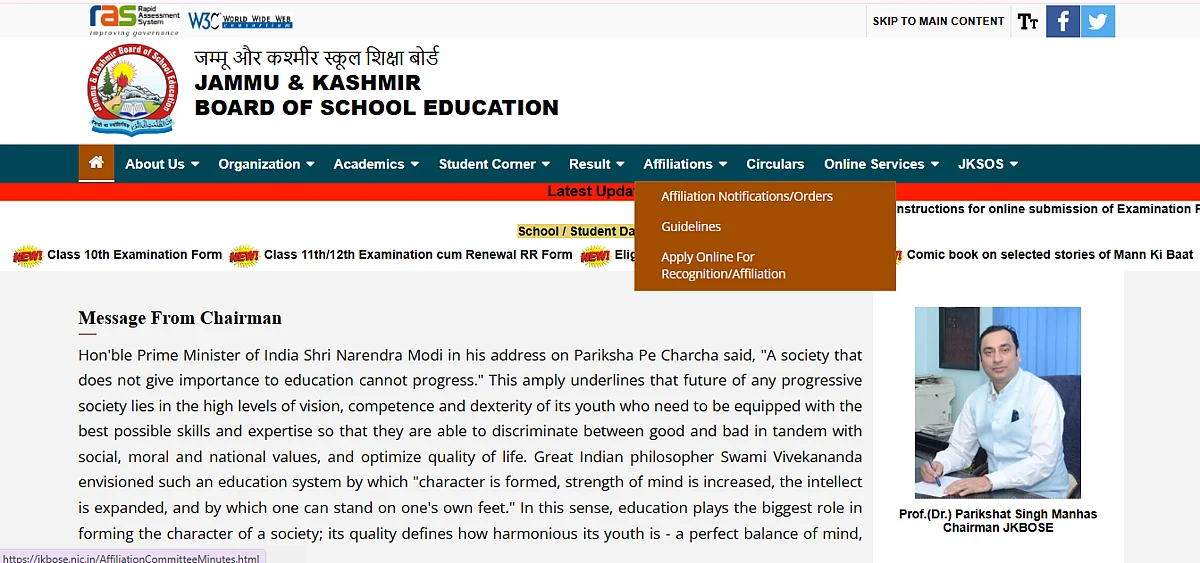Bhopal (Madhya Pradesh): The Congress party's recent defeats in Haryana and its poor performance in Jammu & Kashmir, winning only six of 39 contested seats, are significant setbacks. As attention shifts to upcoming elections in Maharashtra and Jharkhand, Congress finds itself in a precarious position in both states.
In Jharkhand, the primary contest lies between the BJP and the Jharkhand Mukti Morcha, while in Maharashtra, Congress is part of the Mahagathbandhan alliance. Despite the disheartening results in the Lok Sabha elections, Congress leaders attempted to frame their losses as victories, a strategy that backfired.

Congress must recognize its inability to compete with the BJP on caste dynamics and the latter's successful cultivation of a women's vote bank. Internal factionalism has further undermined Congress, as seen in the treatment of leaders like Digvijaya Singh and Kamal Nath in Madhya Pradesh, which mirrors the situation with Bhupendra Hooda in Haryana. The repercussions of these defeats will likely resonate in Madhya Pradesh as well.
In the recent state polls, Congress secured only 66 seats but failed to win any of the 29 parliamentary seats contested. The party's organizational structure appears disorganized, contrasting sharply with the BJP, which actively engages its members throughout the year. The ruling party's ongoing membership drive underscores its grassroots outreach.
To regain its footing, Congress must initiate a similar campaign to reconnect with the public and reenergize its base. Only through such efforts can the party hope to recover from its current challenges.










